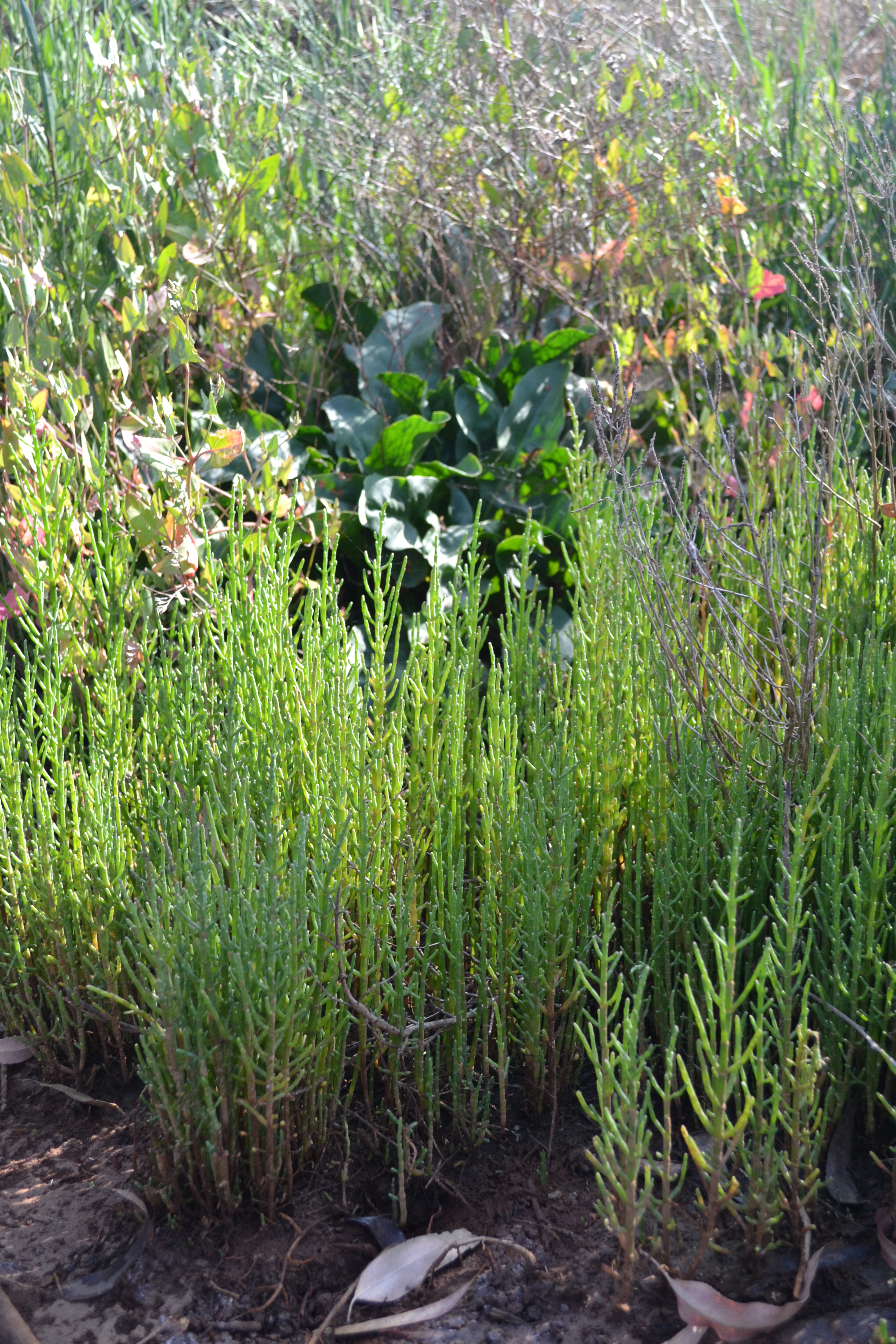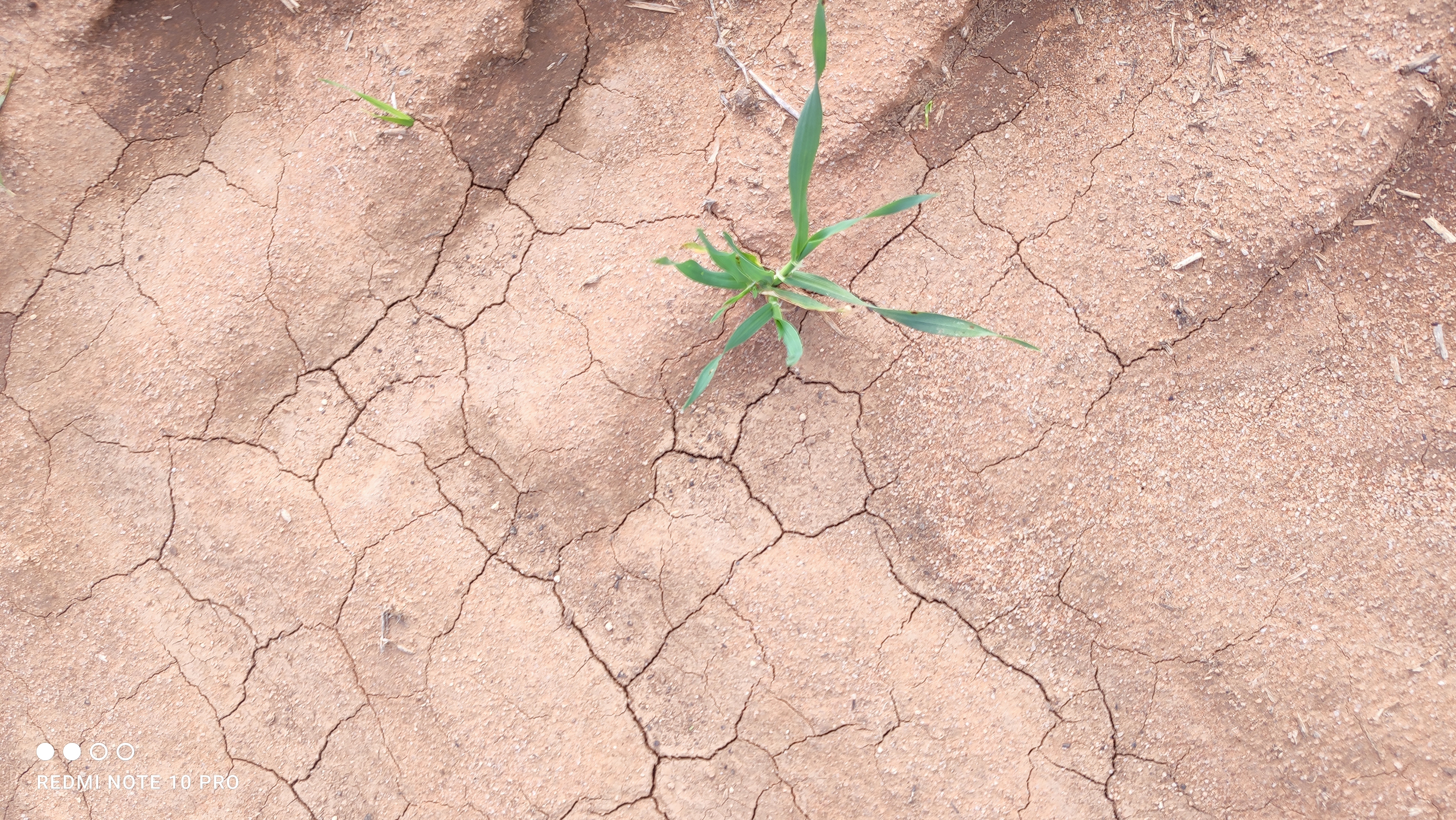A multi-disciplinar approach for sustainability across the 4 Ps (Plants, People, Planet and Profit)
SaltyBEATS will combine participatory research, field demonstrations, workshops, and stakeholder consultations to develop new management practices locally attuned to specific cropping systems, soils and climatic conditions.
By developing
innovations jointly with stakeholders and researchers with significant expertise in ecology and sustainable agriculture,
SaltyBEATS will ensure that all proposed NbS promote
the upscaling of nature-positive agriculture that aligns ecological and
economical targets.






